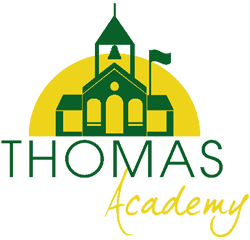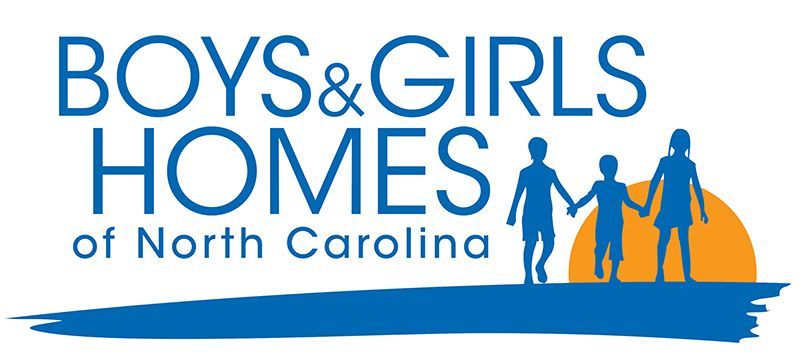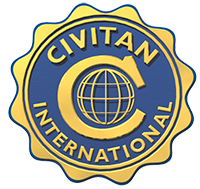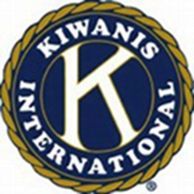A Parent's Right-to-Know
The Elementary and Secondary Education Act is our country's most important federal education law. In 2000 this law was reauthorized and is now called the No Child Left Behind Act of 2001 (NCLB). NCLB was designed to make changes in teaching and learning that will help increase academic achievement in our schools. The law required that all schools receiving Title I funds must inform parents of their right to ask schools about the qualifications of their child's teachers. Our school receives Title I funding and we are happy to share this information with you at your request.
Click here for the Parents Right to Know letter.
Title I Information
School - Parent - Student Compact
Click here for a PDF of this policy
The School Parent Compact will be jointly developed with parents and family members and the compact outlines how parents, the entire school staff, and students will share in the responsibility for improved student academic achievement and the means by which the school and the parents will build and develop partnerships to help children achieve the State’s high standards (ESSA, Section 1116(d)).
School
The school understands the importance of the school experience to every student and their role as educators and models. Therefore, the school agrees to carry out the following responsibilities to the best of their ability:
- Provide high-quality curriculum and instruction in a supportive and effective learning environment that enables the children served under this part to meet the challenging State academic standards x
- Address the importance of communication between teachers and parents on an ongoing basis through, at a minimum—
- parent-teacher conferences, at least annually, during which the compact shall be discussed as the compact relates to the individual child’s achievement
- frequent reports to parents on their children’s progress;
- reasonable access to staff, opportunities to volunteer and participate in their child’s class, and observation of classroom activities; and
- Ensuring regular two-way, meaningful communication between family members and school staff and, to the extent practicable, in a language that family members can understand. (ESSA, Section 1116(d)(1-2))
- Treat each child with dignity and respect
- Strive to address the individual needs of the student
- Acknowledge that parents are vital to the success of child and school
- Provide a safe, positive and healthy learning environment
- Assure every student access to quality learning experiences
- Assure that the school staff communicates clear expectations for performance to both students and parents
Parents
- The parent understands that participation in his/her student's education will help his/her achievement and attitude. Therefore, the parent will continue to carry out the following responsibilities to the best of his/her ability:
- Volunteering in their child’s classroom
- Supporting their child’s learning
- Participating, as appropriate, in decisions relating to the education of their child and positive use of extracurricular time
- Create a home atmosphere that supports learning
- Send the student to school on time, well-fed, and well-rested on a regular basis
- Attend school functions and conference
- Encourage their child to show respect for all members of the school community and school property
- Review all school communications and respond promptly
Students
The student realizes education is important. He/she is the one responsible for his/her own success. Therefore, he/she agrees to carry out the following responsibilities to the best of his/her ability:
- Get to school on time every day
- Develop a positive attitude toward school
- Be responsible for completing homework on time
- Be cooperative by carrying out the teacher’s instructions and ask for help when needed
- Do daily work that is neat and reflects the student’s best effort
- Be respectful to all school members and to school property











